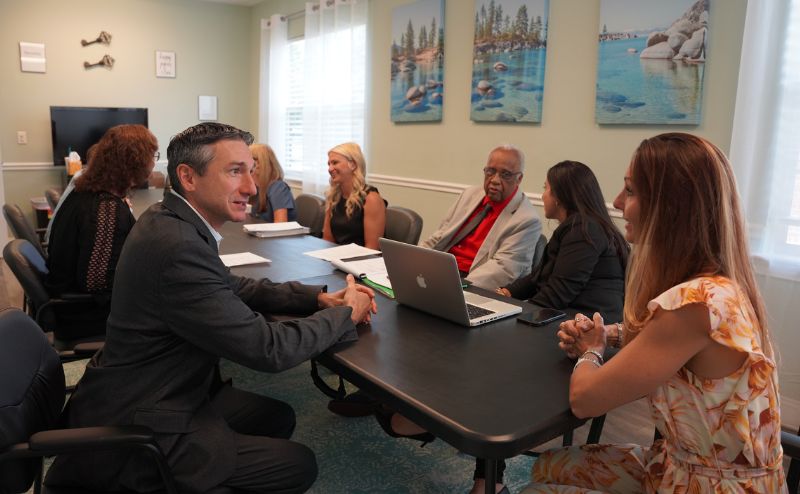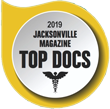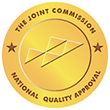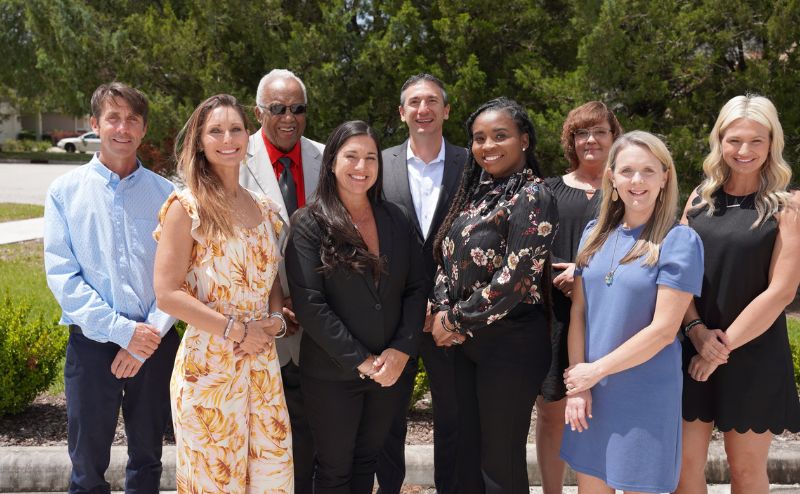Facilitated by a master’s level therapist, the Primary Therapy Group is a form of psychotherapy that provides the opportunity to process progress on treatment plan goals and objectives. The Primary Therapy Group mirrors individual therapy in a group setting, providing a forum for participants to assist each other in the change process by providing objective feedback.
Overcoming Challenges With the Help of Others in Recovery
 Because of the powerful nature of drugs, pain medications, opioids and alcohol, going it alone in recovery doesn’t work for most people. The friends and social groups individuals had during active addiction are often the same people they were using with. Separating oneself from the environment of drug and alcohol use is an important part of recovery.
Because of the powerful nature of drugs, pain medications, opioids and alcohol, going it alone in recovery doesn’t work for most people. The friends and social groups individuals had during active addiction are often the same people they were using with. Separating oneself from the environment of drug and alcohol use is an important part of recovery.
But what replaces that? In rehab at Recovery Keys, people in recovery have the opportunity to create a new social group, new bonds and new friendships. Group therapy provides a forum for achieving this.
In the Primary Therapy Group, patients share their progress with others traveling a similar journey, creating a sense of community and fellowship that becomes an important source of support and encouragement during addiction treatment and rehabilitation. Patients can also share their challenges, and get ideas from others about overcoming obstacles or strategies that worked for them. The bonds that develop between patients in the Primary Therapy Group also create a sense of accountability for every participant – patients are influenced by the positive change happening with the others in addiction treatment with them, and want to have successes to share as well. Patients celebrate one another’s successes, helping to rebuild the self-esteem and confidence that’s essential to maintaining sobriety in the long-term.During Primary Therapy Group discussions, patients undergoing treatment in Jacksonville and St. Augustine practice important skills for sobriety that may have been lost to the addiction. Those skills include giving and receiving advice, listening attentively to others, being honest with oneself and others, and engaging in sober, respectful interactions. By listening to other’s experiences, participants gain valuable insights into their own situations. If conflicts or disagreements emerge, participants have the chance to practice resolving the conflicts, such as taking into account other’s perceptions or points of view.
Through being surrounded by others who are in recovery as well, patients may also derive inspiration from their peers who are further along in their drug and alcohol rehab journey. They will leave therapy feeling energized to continue achieving the goals that are part of their individual addiction treatment plan.
Therapy Techniques Used in Primary Therapy Group
 In addition to encouraging open-ended discussion, the Primary Therapy Group may use several types of treatment techniques, including:
In addition to encouraging open-ended discussion, the Primary Therapy Group may use several types of treatment techniques, including:
- Motivational interviewing, which helps patients identify their personal motivation for changing their behavior by asking open-ended questions, encouraging reflection and helping patients envision a better future.
- Cognitive behavioral therapy (CBT), which helps patients identify and correct thought patterns that have led to unhealthy, destructive behaviors.
- Dialectical behavior therapy (DBT), in which patients learn to practice mindfulness as a way to manage stress, build feelings of self-worth and cope with cravings.
While using these techniques during one-on-one therapy is very important, the positive reinforcement participants receive from their peers in a group setting is very powerful.



















